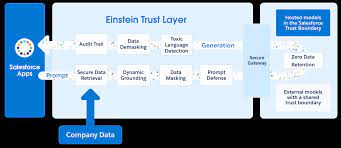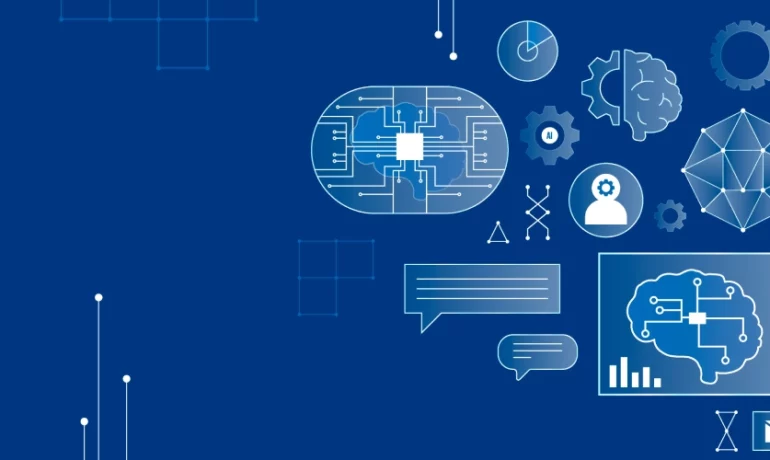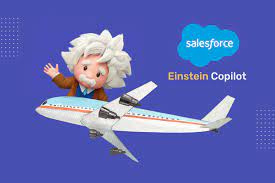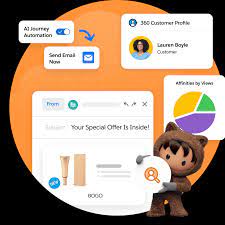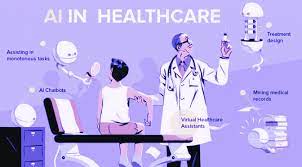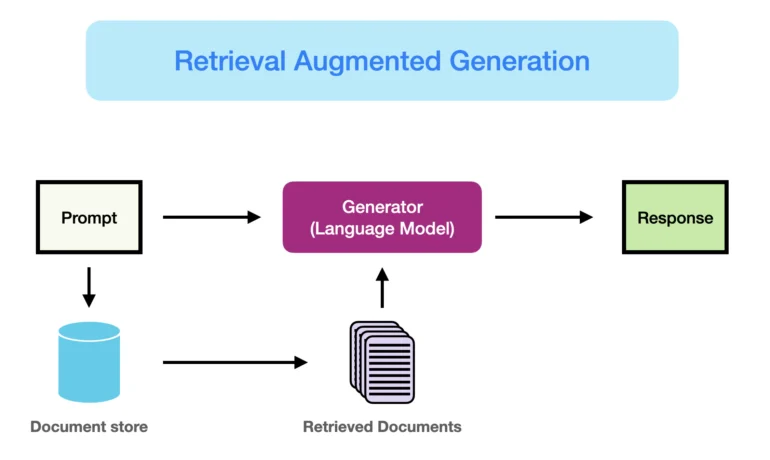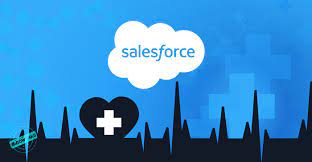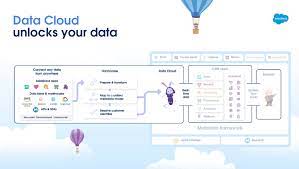Jobs AI Could Take
AI’s Impact on Creative Professions AI is poised to replace designers, writers, illustrators, filmmakers, and many other professional roles within the creative services industry. This transition may occur rapidly or gradually, but the inevitability remains. Disregard the notion that AI cannot perform deep-feeling work due to its lack of emotions. Similarly, dismiss the idea that the value of human-crafted work will surge as AI becomes more prevalent. Jobs AI Could Take and jobs it can’t. There are a few artisans, like hand-dipped candle makers, who still charge good prices for a handmade product. And there are many companies that mass produce candles far cheaper. However, the artisians are a small fraction compared to the thousands of craftsmen who existed before the advent of factories. Once AI has full access to publisher archives and the gamut of human emotions documented therein, it will be capable of replicating feelings just as easily. Historically, artisans displaced by machines have faced similar fears. Earning a living as a creative has always been challenging, and this transition will not be any different. Let’s face it. Each of the four Industrial Revolutions have caused fears, displaced workers, and created new jobs. Interestingly, the first three were each about a century apart. And the fourth only 4 short decades. Adapting to AI in Creative Roles Creatives will still possess their passions and skills, but the key question is how to make a living. Embracing AI and integrating it into your workflow is crucial. AI will transform the creative process. Your painting or drawing or creating may not continue to be your full time income, but it will become more valuable as less and less people are doing it. For instance, clients are using AI to expedite writing and strategy development, create packaging designs, and generate variations. In filmmaking, AI assists with storyboarding and editing. Even illustrators are using AI for initial sketches, with a foreseeable shift to using it for final art. Combining roles like writing and design with AI support is becoming more common. AI could enable writers to become proficient in design and illustration, and vice versa. Filmmakers may find new ways to expand their roles, potentially making existing categories less distinct. Current AI Developments in Creative Fields AI is already driving business decisions, with corporations reducing costs by replacing human roles. Here are some current trends: Emphasizing Human Connections Despite AI’s rise, human interaction remains irreplaceable. Profits depend on people making purchases, and corporate employees need trusted individuals to help them sell products and services. Maintaining personal relationships is crucial for success in a world increasingly influenced by AI. Focusing on real, person-to-person connections is essential. Building and nurturing relationships with fellow professionals and clients can provide lasting benefits. Engage in genuine interactions, listen actively, and develop strong interpersonal skills. Sharing stories and demonstrating vulnerability and empathy can strengthen these connections. Leveraging Personal Strengths and Jobs AI Could Take Continue honing your craft and keeping your community informed about your work. Focus on clients who value your expertise and are likely to invest in your services. Opportunities may lie with corporations or wealthy individuals who require your unique skills. Exploring alternative income sources beyond the corporate world can also be beneficial. Some creatives are transitioning to selling their work to communities with shared interests. Ultimately, your unique talents and personal touch are irreplaceable. By embracing AI while maintaining strong human connections, you can navigate the changing landscape and continue to thrive in your creative career. Jobs AI Could Take and why that might not be a terrible thing. Like Related Posts Salesforce OEM AppExchange Expanding its reach beyond CRM, Salesforce.com has launched a new service called AppExchange OEM Edition, aimed at non-CRM service providers. Read more Salesforce Jigsaw Salesforce.com, a prominent figure in cloud computing, has finalized a deal to acquire Jigsaw, a wiki-style business contact database, for Read more Health Cloud Brings Healthcare Transformation Following swiftly after last week’s successful launch of Financial Services Cloud, Salesforce has announced the second installment in its series Read more Top Ten Reasons Why Tectonic Loves the Cloud The Cloud is Good for Everyone – Why Tectonic loves the cloud You don’t need to worry about tracking licenses. Read more


